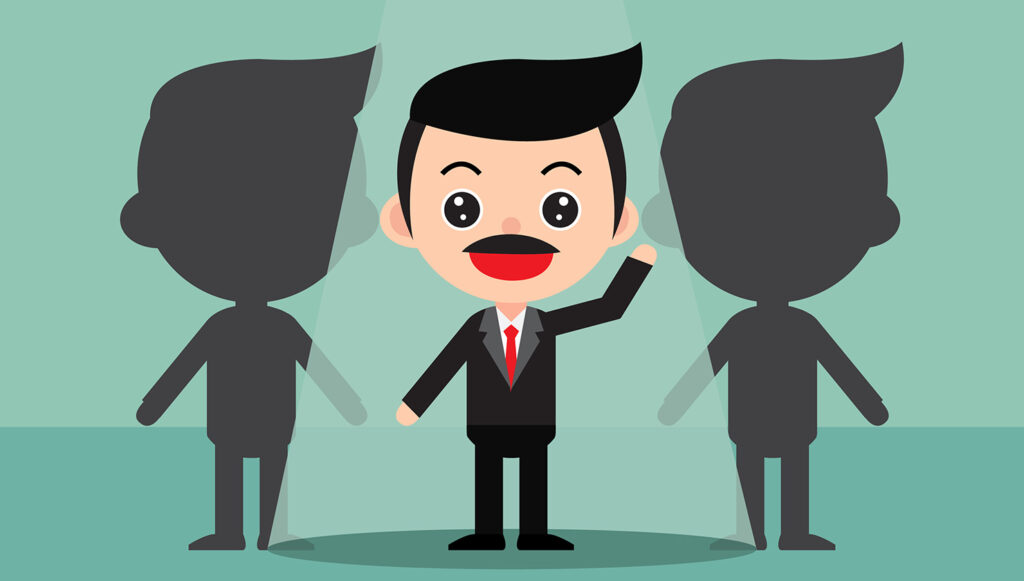
Hello! Welcome back. Let’s talk about privilege. You’ll learn what it is and if you have it. If you want to check your privilege, keep on reading. Have you ever been called a spoiled brat? Well, now you can learn if it made any sense. Note: this is not a driver privilege card test! 🙂
Are you smart? Try our Brain Test.
What is a Social Privilege?
Social privilege is an invisible advantage that some individuals have that others do not. It is often the result of a person’s family, socio-economic status, race, gender, sexual orientation, or other factors that are largely out of their control. Social privilege is not something that is earned; it is something that is given as a result of a person’s circumstances. These advantages are often invisible to those who have them, as they are so ingrained in society and our lives that they often go unnoticed. However, those who do not have certain privileges may be acutely aware of them, and the effects that they have on their lives.
For example, those from wealthy families may enjoy the benefits of better education, better healthcare, and other advantages that are not available to those from less privileged backgrounds. Similarly, people of color may face discrimination in hiring, housing, and other areas, while those of the majority race may not even be aware of it. Having social privilege does not make someone better than someone else. However, it does mean that they have access to resources that make life easier and more comfortable. It also means that they may have an easier time navigating the world and achieving their goals.
To create a more equitable society, it is important to recognize and address the advantages that some have over others. We need to recognize that social privilege exists, and take steps to ensure that everyone has an equal chance of success and opportunity. This includes providing access to quality education, healthcare, housing, and other resources. We also need to work to reduce racial and gender discrimination and ensure that everyone has an equal voice in society. By recognizing social privilege and taking steps to address it, we can create a more equitable and just world for everyone.

What Privileges are There?
Privileges are benefits or advantages that are given to certain people or groups of people. They are usually associated with positions of power, wealth, or high social status. Privileges can range from the right to vote to access to exclusive services or products. In recent years, many people have become increasingly aware of the privileges they may have and the privileges that may be denied to others. Privileges can be divided into two categories: legal and social. Legal privileges are granted by the government and are usually associated with citizenship, such as the right to vote or access certain public services.
Social privileges are those that are not officially recognized by the government but are still enjoyed by certain groups of people. These can include access to better education, higher-paying jobs, or preferential treatment in social settings. It is important to recognize that while privileges are often seen as beneficial, they can also lead to inequality. Privilege can lead to discrimination and prejudice, as those with privilege are often afforded more opportunities and resources than those without. As such, it is important to recognize the privileges that we have and to ensure that we use them to level the playing field for all members of society.
In recent years, there has been an increased focus on recognizing and addressing privilege. Many organizations and individuals are striving to create more equitable opportunities for everyone by acknowledging and addressing privilege. This includes promoting diversity and inclusion in the workplace, advocating for equal access to resources and opportunities, and educating people on how privilege affects their lives.
Right to Vote
The right to vote is an essential privilege in a democracy, as it allows citizens to have a say in the government that affects their lives. Every person has the right to vote, regardless of race, gender, age, or background. This fundamental right ensures that all citizens have an equal voice in the political process and can hold their representatives accountable. The right to vote is an important privilege, as it allows citizens to influence their society and shape its future.
Shaping Future
By voting, citizens can express their opinions and preferences on issues ranging from local to national, and their voices can help shape the decisions that affect their lives. Voting is also a powerful way for citizens to demonstrate their commitment to their communities and the larger nation.
Access to Education
Access to education is a privilege that many people take for granted. Education is a powerful tool that can open up many doors and opportunities. Access to education not only provides individuals with the opportunity to gain knowledge but can also provide them with a better quality of life.
Landing a Good Job
Education can provide individuals with the skills and resources to obtain a job, increase their income, and ultimately, improve their quality of life.
Freedom of Speech
Freedom of speech is a fundamental right that is enshrined in the Bill of Rights in the United States Constitution. It is a right that grants individuals the privilege to express their thoughts and opinions without fear of government censorship or legal repercussions. The right to free speech is a cornerstone of democracy, allowing individuals to engage in open dialogue and debate without fear of reprisal. The ability to express yourself freely is an important part of our liberty. It allows us to communicate our ideas, opinions, and beliefs without being silenced or censored.
Democracy
This freedom is essential for a healthy democracy, as it allows for a marketplace of ideas to be available for public consumption. Furthermore, it allows for a critical examination of government policies, laws, and actions. The privilege of freedom of speech is not without limits. Speech that incites violence, or is deemed to be defamatory or otherwise illegal, is not protected by this right. Additionally, there are certain restrictions in place to protect the rights of others.
Ability to Enter Countries without a Visa
The ability to enter countries without a visa is a privilege that can provide travelers with the opportunity to explore new places with minimal hassle. For many travelers, a visa can be an expensive and time-consuming process, so the ability to move freely between countries is a great advantage. Most countries that offer visa-free travel require travelers to present a valid passport at the border, as well as a valid return ticket. Additionally, some countries may also require proof of sufficient funds to support the length of your stay. In some cases, you may also need to provide proof of a hotel reservation or an invitation letter from a host.
Want to learn more about privilege? Click here.
How many questions are there in this privilege test?
The privilege test contains 20 questions.
Who is this privilege test created for?
The privilege test is created for everyone who wants to test their privilege.
How much time do I need to complete the privilege test?
You’ll need around 5 minutes to complete this privilege test.
How accurate is this privilege test?
We believe it’s very accurate!
